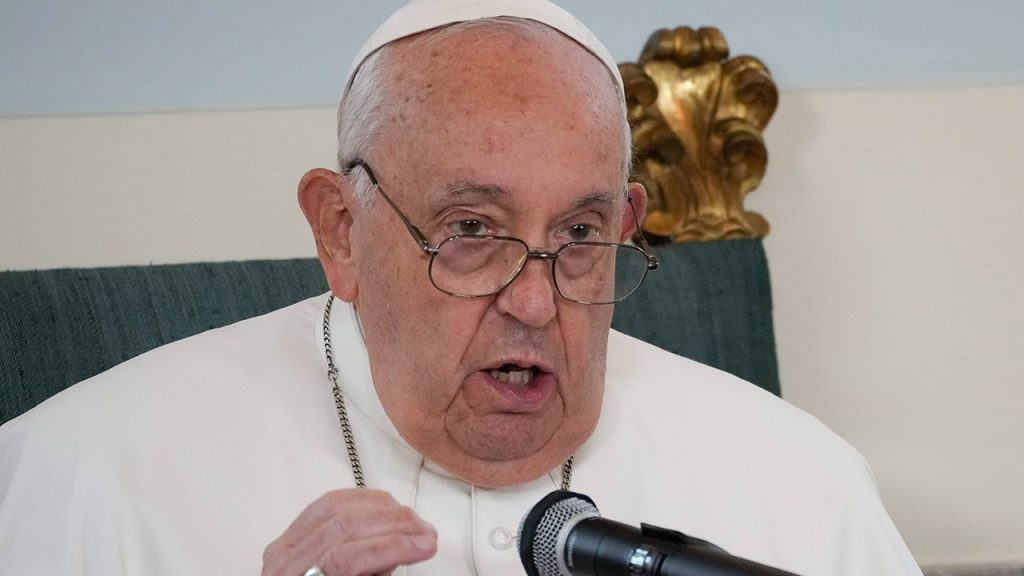On a difficult day for Pope Francis in Belgium, the king, prime minister, and rector of the Catholic university all criticized the Catholic Church for mishandling cases of clergy sex abuse and failing to embrace women and the LGBTQ+ community. The pope met with abuse survivors who shared their trauma, shame, and pain with him, demanding reparations from the church. Despite expressing remorse and asking for forgiveness, Francis faced strong public criticism from top Belgian figures over the church’s crimes and inadequate responses to modern demands.
Francis has visited countries with troubled church legacies before, making apologies to abuse survivors in Ireland and Indigenous communities in Canada. However, the public criticisms he faced in Belgium were particularly harsh, challenging the church to reform in order to regain credibility and relevance. The rector of Leuven Catholic University urged the pope to give women a more prominent role in the church and to be more open to gender and diversity issues, reflecting the views of European progressives and Francis’s own reformist agenda.
King Philippe, Prime Minister Alexander De Croo, and the pope addressed the need for the church to address the abuse scandal and put victims first. The prime minister emphasized the importance of transparency, truth, and acknowledgment of past wrongdoings in order to move forward and restore the church’s moral authority. Victims praised the public statements from both church and state, but also emphasized the need for substantial financial settlements to compensate for the damages they have suffered.
Belgium has been rocked by a series of abuse scandals involving the Catholic Church, with revelations spanning over 25 years. The public largely lost confidence in the church following instances of abuse, cover-ups, and limited transparency. The pope acknowledged the church’s past failings and reaffirmed his commitment to addressing the abuse problem through prevention programs, victim support, and taking concrete actions to prevent further harm.
The pope also addressed a new scandal involving forced adoptions by the Belgian church after World War II, expressing sadness over the practices that separated single mothers from their newborns. This scandal, similar to previous revelations in Ireland, highlighted a dark chapter in the church’s history where societal norms were exploited for profit. While Francis acknowledged the prevalence of such practices at the time, he expressed a commitment to addressing and rectifying these past wrongs with humility and respect.
Overall, the pope’s visit to Belgium was marked by powerful messages from abuse survivors, officials, and the pope himself about the need for the church to take responsibility for its past actions and make meaningful changes to prevent further harm. The criticisms and demands for reparations reflect a growing movement for accountability and transparency within the church, with victims calling for more than just apologies, but tangible actions to acknowledge the harm they have suffered. Francis’s visit served as a reminder of the ongoing impact of abuse scandals and the urgent need for the church to address these issues with compassion and integrity.


